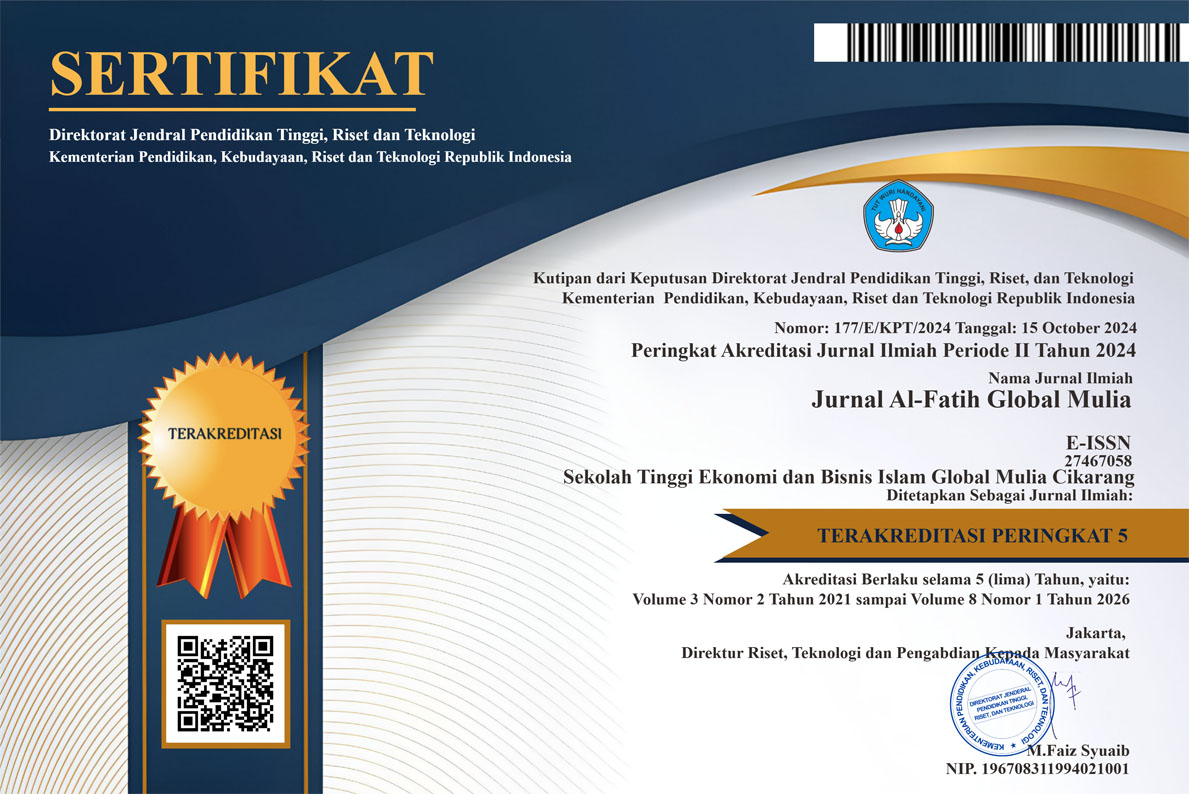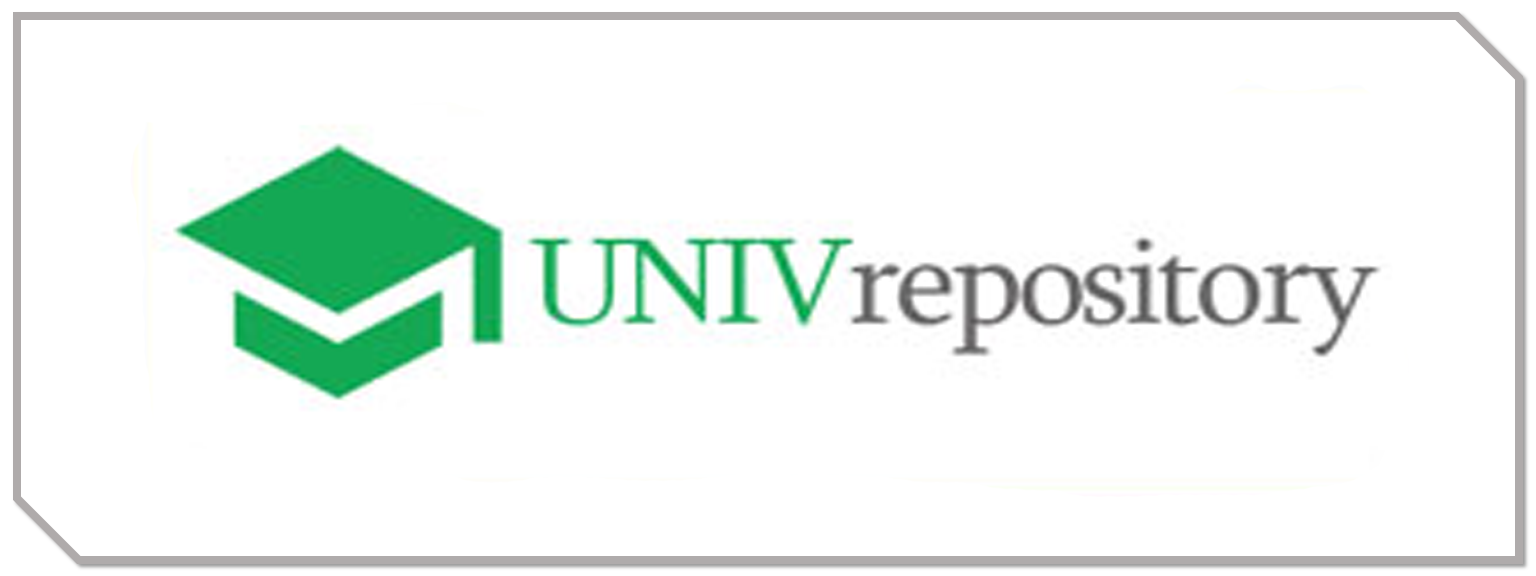STRATEGI PENGUMPULAN DANA ZAKAT, INFAQ DAN SHADAQOH (ZIS) DI LEMBAGA AMIL ZAKAT INFAQ DAN SHADAQOH NAHDLATUL ULAMA (LAZISNU) KABUPATEN KARAWANG
DOI:
https://doi.org/10.59729/alfatih.v3i2.42Keywords:
zakat, infaq, shadaqoh, zakat infaq and shadaqoh fundraising strategiesAbstract
Zakat, Infaq and Sadaqoh (ZIS) are practices that provide benefits to the giver and recipient. ZIS is a balance to the worship of his servant to Allah SWT. and also to other creatures. The Amil Zakat, Infaq and Shadaqoh Nahdlatul Ulama Institute (LAZISNU) Karawang Regency is one of the institutions which in this case is an institution engaged in the collection, management and distribution of zakat, infaq and shadaqoh. In fact, the Amil Zakat Institution (LAZ) is an institution formed by the community to assist in the collection and management of zakat funds and is dedicated to helping the welfare of the people. This study aims to determine the strategy of collecting zakat, infaq and shadaqoh at the amil zakat infaq and shadaqoh nahdlatul ulama institutions in Karawang Regency along with evaluating the ZIS fundraising strategy. The theory used in this study uses the data analysis model of Miles and Huberman where the first steps are data collection, data reduction, data display, and conclusion drawing. This research was conducted using a qualitative research approach. Qualitative research is conducted to build knowledge through understanding and discovery. Qualitative research approach is a process of research and understanding based on methods that investigate a social phenomenon and human problems. The research results obtained are, the strategy used by LAZISNU Karawang Regency is the ease of channeling funds from muzakki with several programs both directly, online and zakat pick-up services, outreach programs to the community are carried out directly or online, network strengthening by forming management units zakat infaq and shadaqoh. The strategy evaluation is carried out by measuring performance from three non-financial perspectives, namely the muzakki perspective, internal business processes, and development (learning and developing process).









